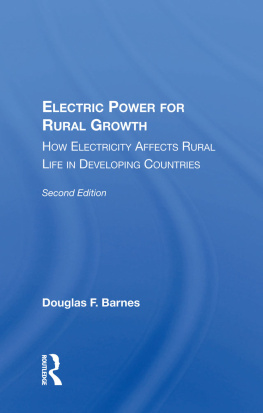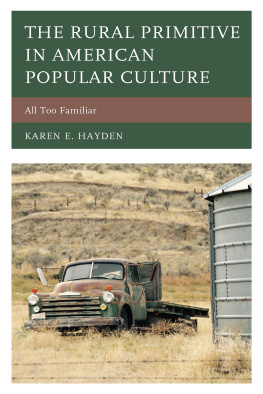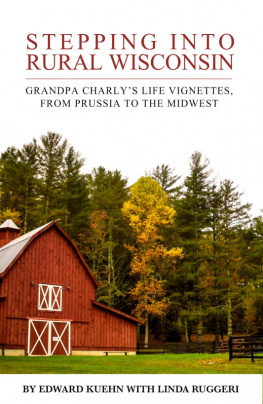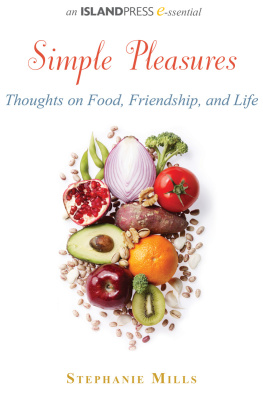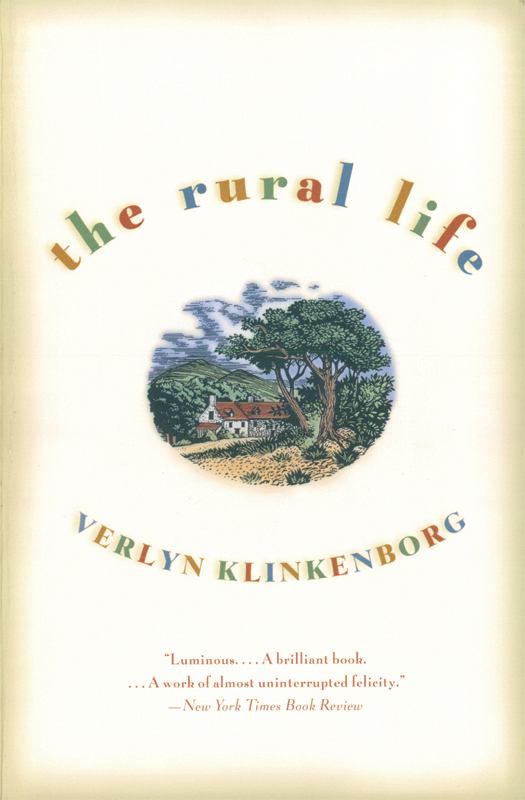Copyright 2002 by Verlyn Klinkenborg
All rights reserved. Except as permitted under the U.S. Copyright Act of 1976, no part of this publication may be reproduced, distributed, or transmitted in any form or by any means, or stored in a database or retrieval system, without the prior written permission of the publisher.
Back Bay Books / Little, Brown and Company
Hachette Book Group
237 Park Avenue
New York, NY 10017
Visit our website at www.HachetteBookGroup.com
www.twitter.com/littlebrown
First eBook Edition: September 2007
The Rural Life is a trademark of The New York Times Company and is used with permission. Portions of this book originally appeared in the New York Times and are reprinted with permission. The wood engravings by Reynolds Stone first appeared in The Turn of the Years: The Seasons Course, published in 1982 by Michael Russell, and are reprinted with permission. Engravings copyright 1982 by The Estate of Reynolds Stone.
ISBN: 978-0-316-02932-2
On the joy of reading Verlyn Klinkenborgs
The freshness and delight of The Rural Life are in the pose of canny innocence, of seeing old things sideways and new. This is a lovely, intimate chronicle, full of humor, wisdom, and poetry about country living and the concrete pleasures of tending and gardening for which our hands and hearts yearn.
Ron Hansen, America
Klinkenborgs vision is far sharper than that of any hawk that might circle the fields of his small upstate New York farm. He sees not only the minute detail, but the link that defines its place in the wider and timeless world to which it belongs. Klinkenborg doesnt just tap a fine literary tradition. He adds to it. He is a master wordsmith. The paragraphs he turns out boast the diamond-like glitter of the perfectly chosen word or phrase.
Mike Vogel, Buffalo News
Klinkenborg is disciplined and wary, a writer of hyper focus who uses the essay form to see beyond himself. These essays offer many pleasures, but the greatest is in the language, in the building of embodied sentence upon embodied sentence as Klinkenborg leads us to an image that surprises with its rightness.
Tommy Hays, Atlanta Journal-Constitution
The Rural Life speaks in a voice that is individual without being unusual. Klinkenborg eschews exhibitionism; he disdains glitter, more interested in delivering clear and just impressions than in outlining them in neon. He is a disciplined appreciator.
Fred Chappell, World & I
There is an elastic, supple, inclusive quality to Klinkenborgs prose. Without rushing headlong anywhere, it manages to connect the most unexpected dots. The Rural Life is arresting, even profound, forcing us to look at the world in a new way, welcoming us to a new understanding of our place in things. Read The Rural Life in small pieces at a time for the beauty of the moments Klinkenborg has thought to dwell upon.
Beth Kephart, Chicago Tribune
Exquisite. Wherever Verlyn Klinkenborg goes, he captures the essence of the place in commentary that can be wry or lyrical but is always penetrating.
Austin American-Statesman
It becomes clear that Klinkenborgs essays are actually attempting something much more interesting than recounting a rural idyll. Rather, theyre looking at how the rural experience shapes men and women, how the land itself talks to you if youre willing to listen. The Rural Life is a book about life lived near nature, about the juxtaposition of wildness and cultivation that is the rural landscape.
Sarah Stewart Taylor, Valley News (NH)
The Rural Lifes charms are so subtle. The individual meditations are self-sufficient, each a little gem with passages so witty and insightful, readers will find themselves looking around for somebody they could read them to.
Lynn Hamilton, BookPage
Replete with startling images and beautifully phrased thoughts. The Rural Life sparkles. Klinkenborg is a master at showing us the familiar in new and illuminating ways and has produced a book that can be profitably read and reread throughout the year, by country and city dwellers alike.
Carole Goldberg, Hartford Courant
British Literary Manuscripts
Making Hay
The Last Fine Time
The Rural Life is dedicated to my dad,
Ronald Klinkenborg,
who got us all back to the country in the first place
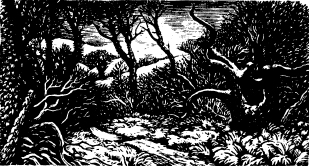
E very year about now, I feel the need to keep a journal. I recognize in this urge all my worst instincts as a writer. I walk past the blank booksgifts of nothingnessthat pile up in bookstores at this season, and I can almost hear their clean white pages begging to be defaced. They evoke in me the amateur, the high school student, the miserable writerly aspirant I once wasa young man who could almost see the ink flowing onto the woven fibers of the blank page like the watering of some eternal garden. It took a long time, a lot of pens, and many blank books before I realized that I write in the simultaneous expectation that every word I write will live forever and be blotted out instantly.
Its hard to keep a journal under those conditions. Its harder still when it becomes clear that the purpose of a journalat least of those journals begun in earnest on the first day of Januaryis not to record, day by day, just a fragment of thought or observation but to herd all ones days, like so many sheep, into a single pasture and prevent them from escaping. What drives the impulse toward New Years journal keeping is also the shocking realization that the only thing left of the old year is a few tufts of wool caught in the barbed wire. What I want a journal to do could be done just as well by a more aggressive savings program.
A conscientious journal keeper is really the natural historian of his own life. His model is the amateur naturalists of the eighteenth and nineteenth centuries, writers like Gilbert White or collectors like George Eliots Camden Farebrother. It often seems as though science in this century has little use anymore for amateur observers of that kind, that science has grown too institutional, too complex, to value the private watcher of a small patch of ground. It seems that way too when it comes to our own lives. Theyre cross-referenced, indexed, cataloged, and witnessed by the public and private institutions whose job is to tabulate and codify us. Even the task of introspection has been jobbed out to the professionals. A personal journal in our time comes to seem less like a valuable cache of perceptions than a naive recitation of symptoms that the writer lacks the authority to analyze.
But many of the great journalsI think especially of Samuel Pepyss seventeenth-century diary and James Boswells eighteenth-century journalare not marked by self-consciousness. Theyre marked by a dogged absence of self-consciousness, a willingness to suspend judgment of the journal itself, if not of its author, in order to keep the enterprise going. The value of Pepyss diary and Boswells journal is the world they depict and only incidentally the depiction of their authors. Their journals werent read until long after the authors had died. Both men wrote for an audience of one. Judging by my own fragmentary journals, thats one too many. Its not enough that I should be dead before anyone else reads them. I should be dead before I reread them myself.


